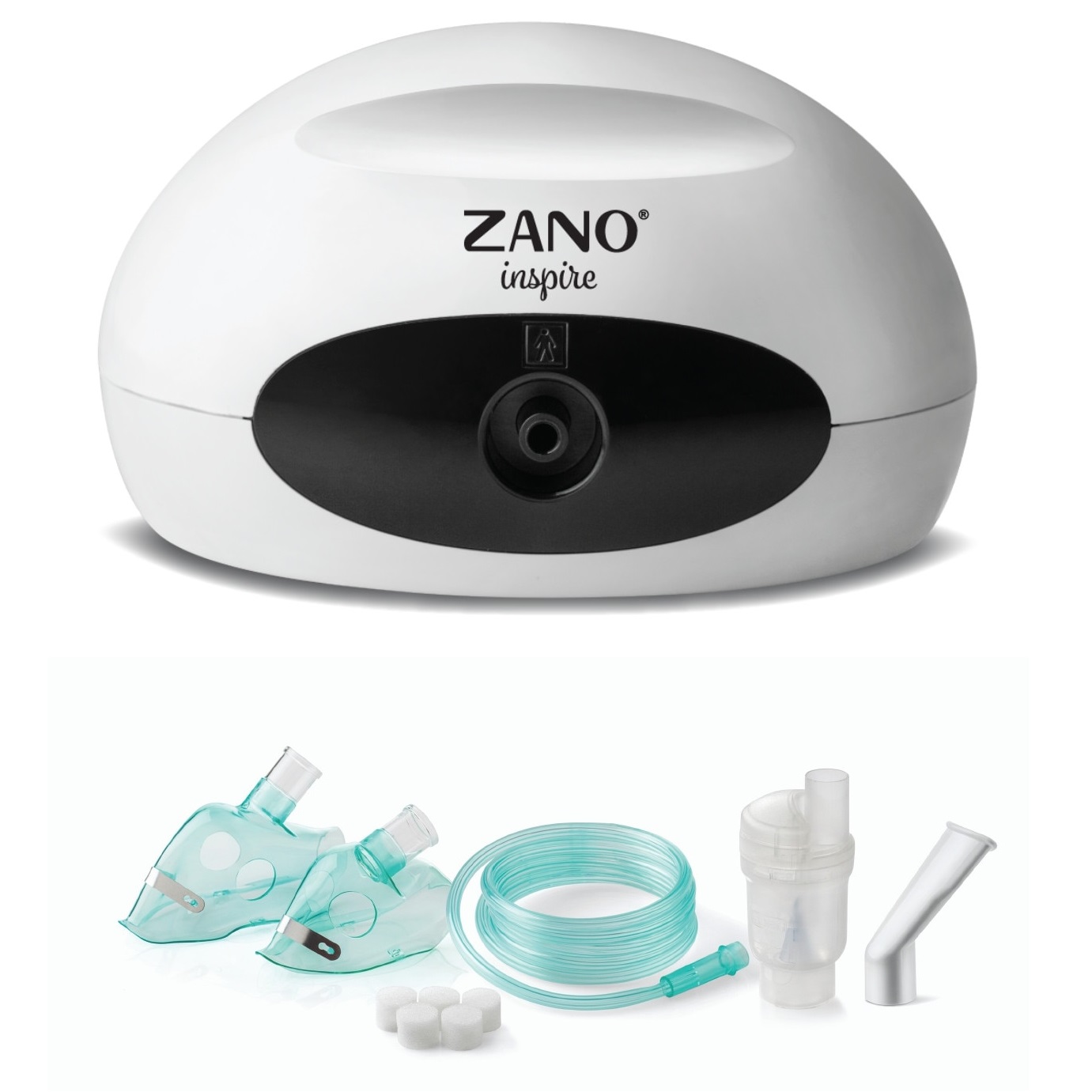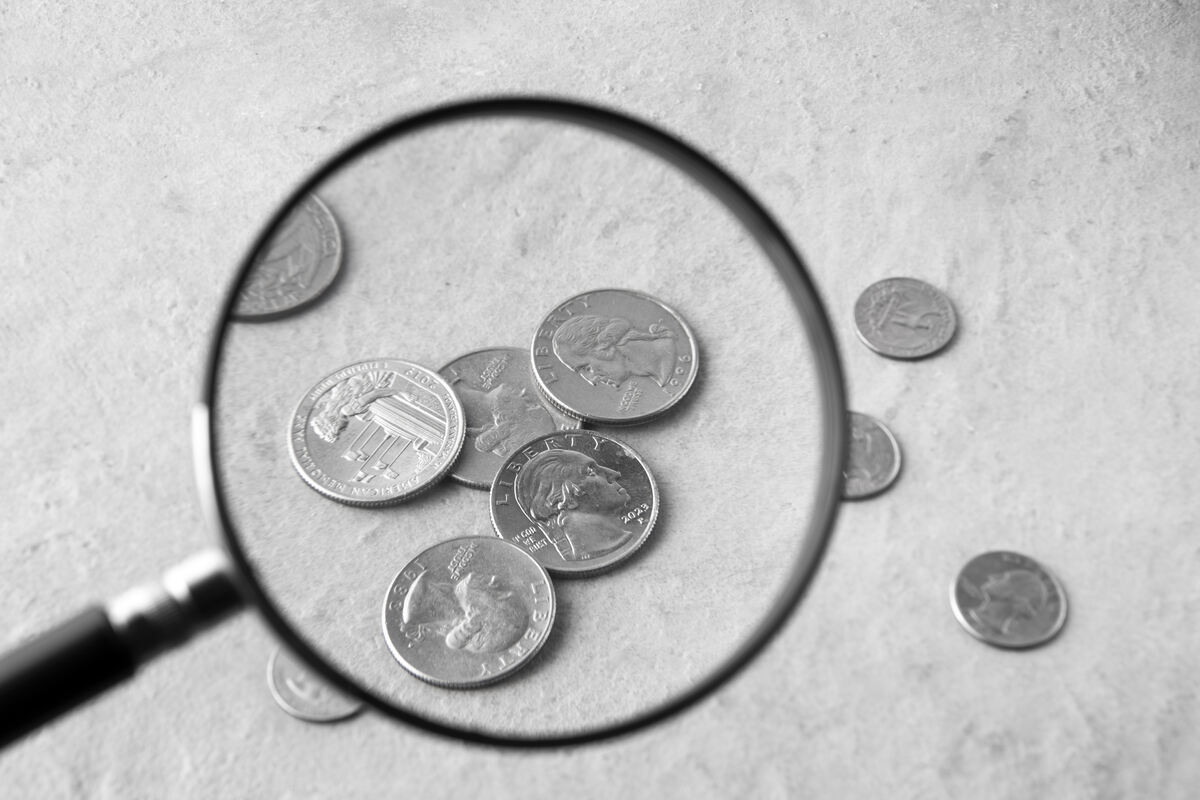Как се засяват облаци и можем ли да променяме климата?
За добро или не, с развитието на технологиите хората, започват все повече да се намесват в работата на природата. Ако преди време ни бяха казали, че ще можем да влияем на времето, сигурно щяхме да се изсмеем. Факт е, че…







